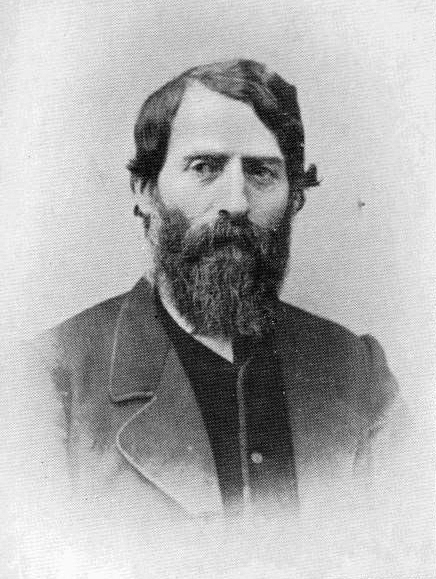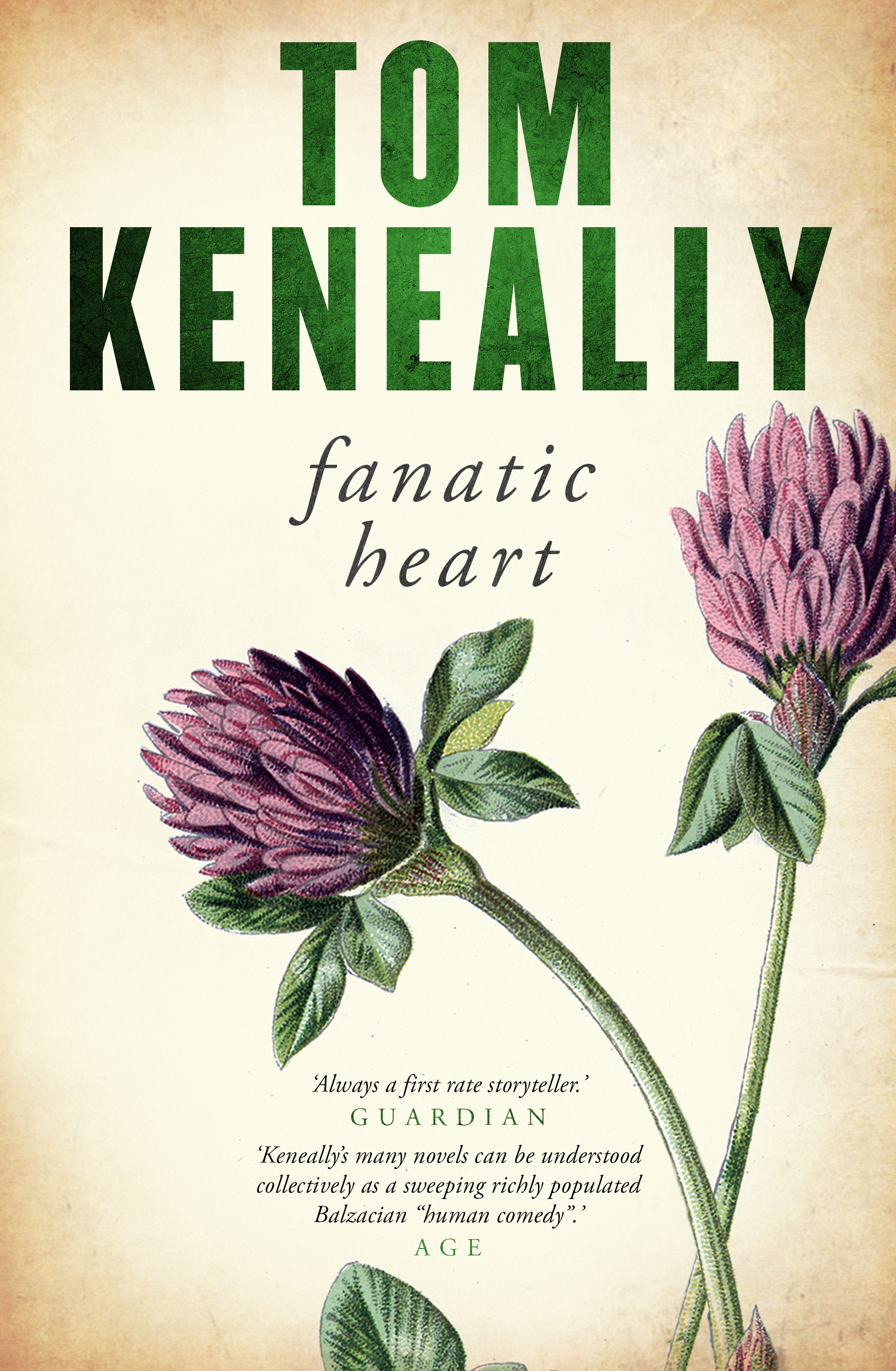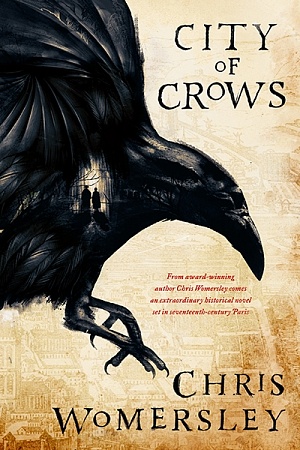Fanatic Heart
Vintage, $32.99 pb, 453 pp
Sublunary soap bubbles
Nobody excoriated England like John Mitchel. He holds his place in the pantheon of Irish nationalism not for his revolutionary heroism but for the power of his rhetoric and his thundering denunciation of British misrule in Ireland, especially in the wake of the catastrophic Famine of 1845–47. Mitchel was the most militant of the separatist Young Irelanders, many of whom ended up in Van Diemen’s Land, transported after the abortive Irish rebellion of 1848.
These Young Irelanders are no strangers to the pen of Tom Keneally. The Great Shame: A study of the Irish in the Old World and the New (1998), his non-fiction amalgam of familial and political history, is the most conspicuous of his earlier engagements. In his latest novel, Fanatic Heart, Keneally returns to the subject, telling the remarkable story of Mitchel and his wife, Jenny Verner, both Ulster Protestants (he Dissenter, she Anglican), from attempted elopement to separatist movement in Ireland; from Bermudan prison ship to familial reunion in Bothwell; from a daring escape from Van Diemen’s Land, aided by Irish Americans, to New York and, finally, Tennessee.
It is not hard to see why such an eventful life would draw Keneally’s attention, nor why Mitchel’s championing of the downtrodden Irish would appeal to someone with Keneally’s progressive sympathies, especially when Mitchel draws parallels between famine victims across borders, famously comparing in his Jail Journal (1854) the ‘reeky shanks and yellow chapless skulls of Skibereen’ with the ‘ghosts of starved Hindoos in dusky millions’. Mitchel’s capacity for savage indignation has been compared to Jonathan Swift’s. His indictment of British imperialist cant, the refusal of hypocritical talk of progress and civilisation, and his horror at the ‘sublunary soap bubbles’ of international capital and commodification can seem remarkably contemporary, not out of place in a present-day arts faculty.
 John Mitchel in Paris, 1861 (Taken from John Mitchel’s Jail Journal; which was first serialised in his first New York City newspaper, The Citizen, from 14 January 1854 to 19 August 1854 via Wikimedia Commons)
John Mitchel in Paris, 1861 (Taken from John Mitchel’s Jail Journal; which was first serialised in his first New York City newspaper, The Citizen, from 14 January 1854 to 19 August 1854 via Wikimedia Commons)
Continue reading for only $10 per month. Subscribe and gain full access to Australian Book Review. Already a subscriber? Sign in. If you need assistance, feel free to contact us.















Comment (1)
Leave a comment
If you are an ABR subscriber, you will need to sign in to post a comment.
If you have forgotten your sign in details, or if you receive an error message when trying to submit your comment, please email your comment (and the name of the article to which it relates) to ABR Comments. We will review your comment and, subject to approval, we will post it under your name.
Please note that all comments must be approved by ABR and comply with our Terms & Conditions.